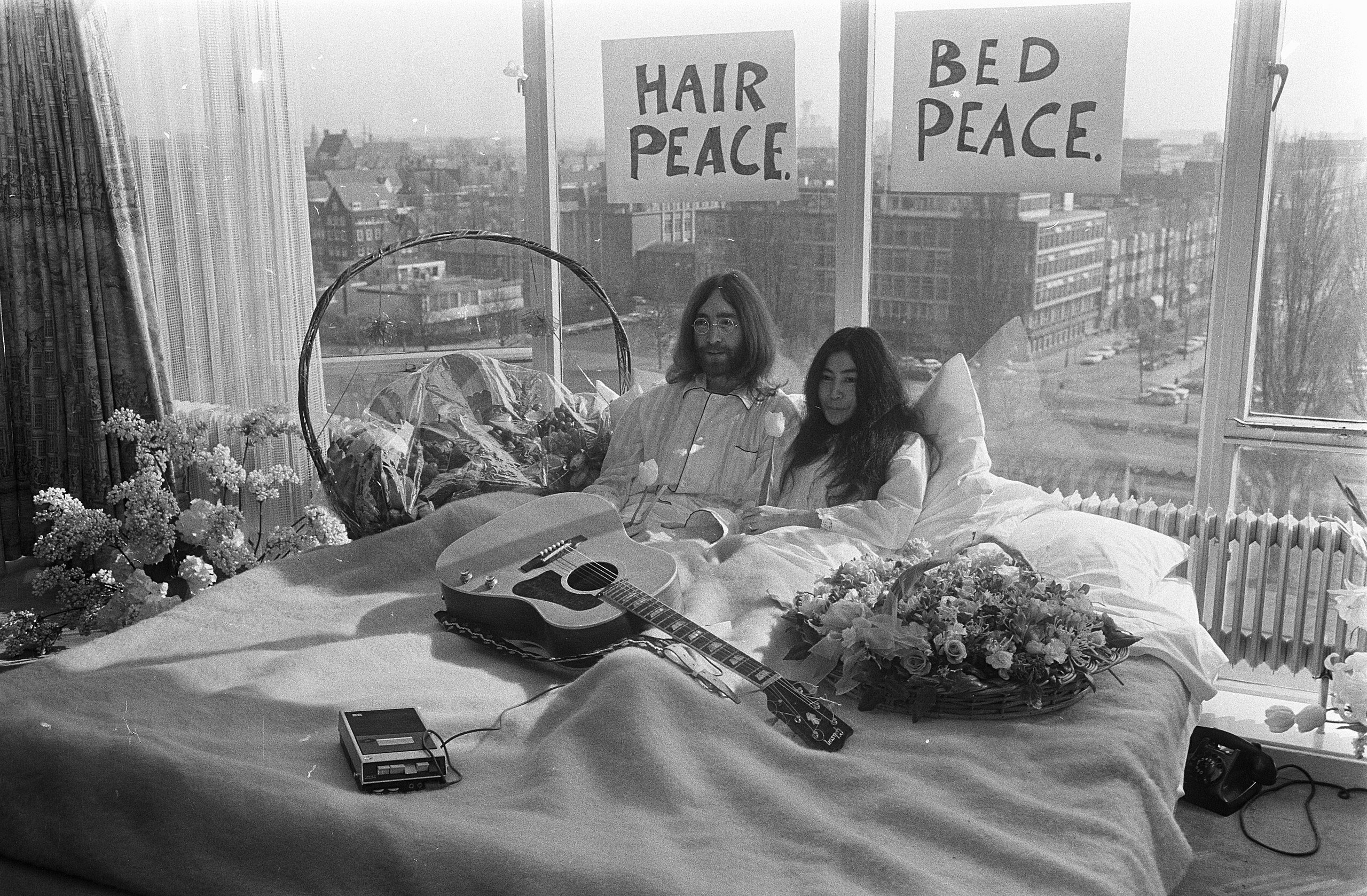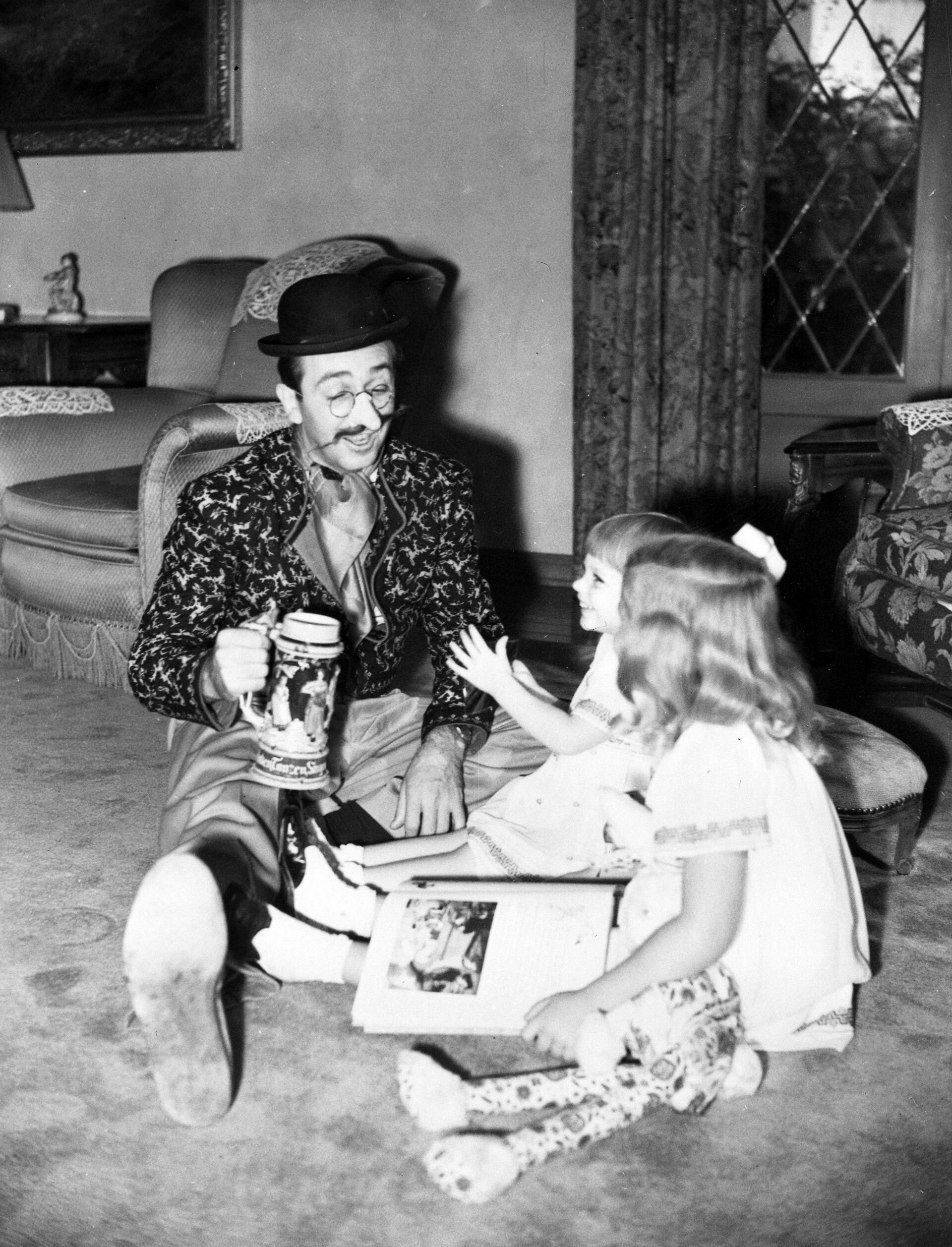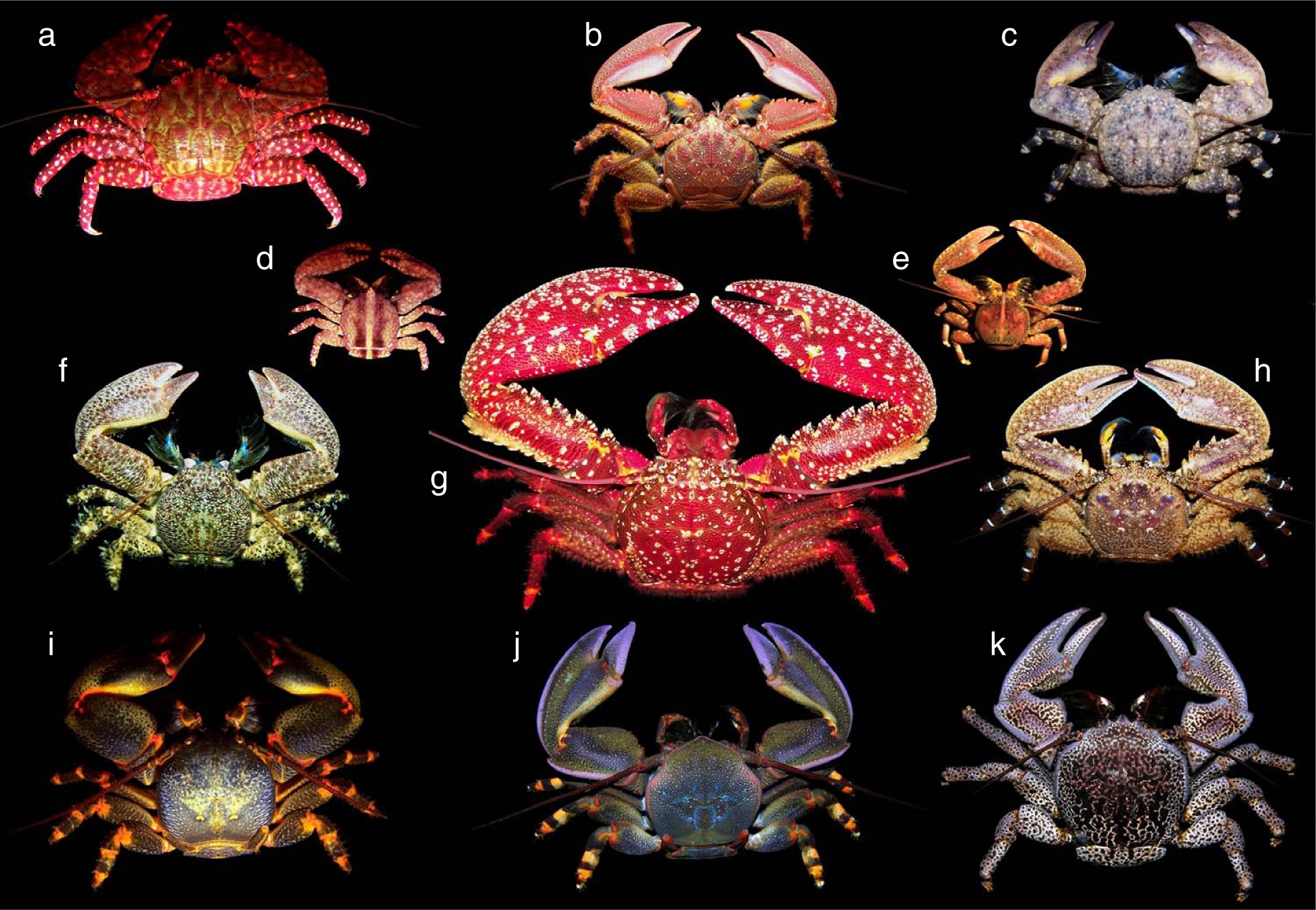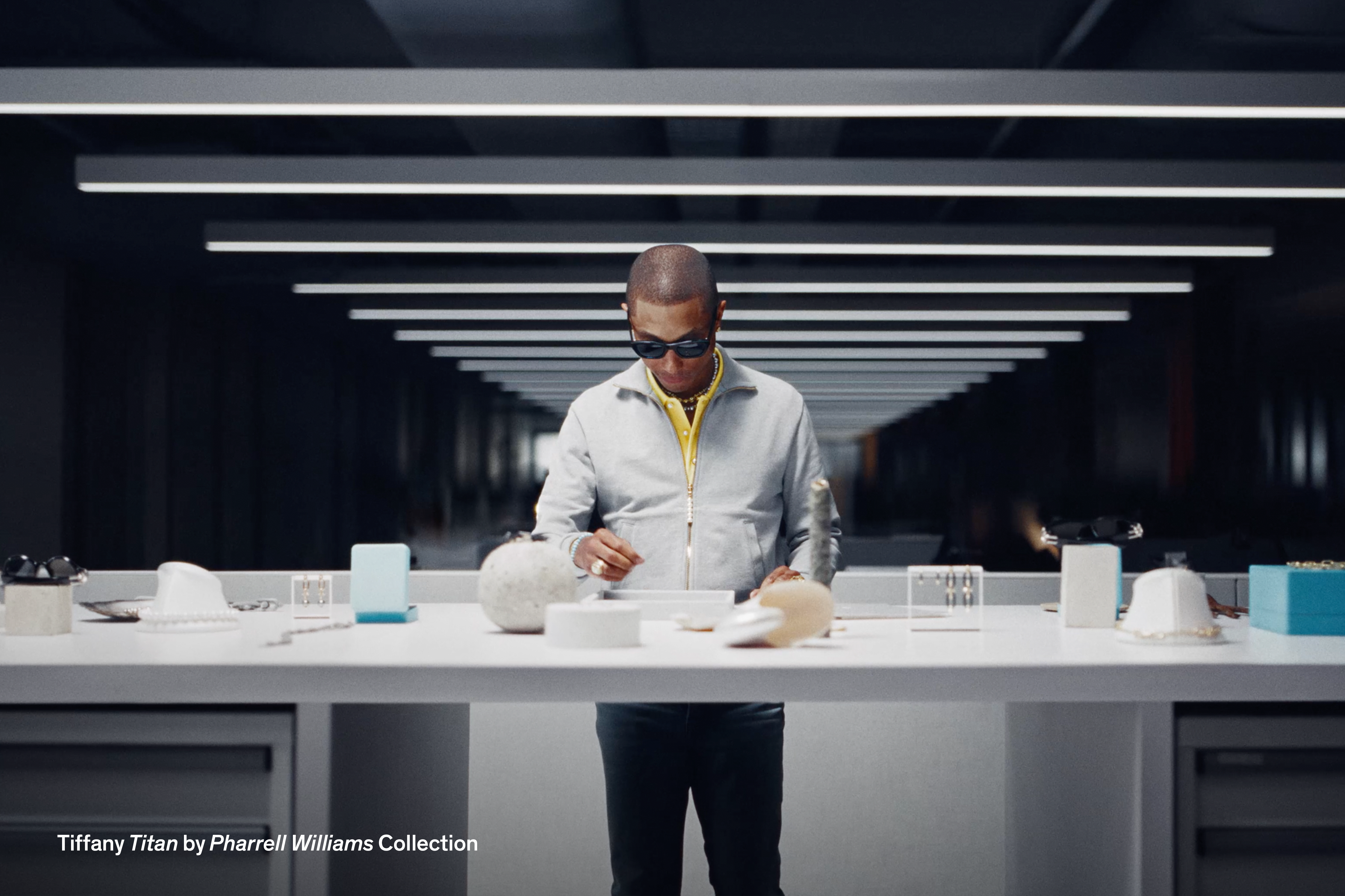
John Lennon’s lyrics in his song ‘All You Need Is Love’ state that ‘there’s nothing you can know that isn’t known, nothing you can see that isn’t shown’. It’s so appropriate in an age of sameness and product parity. So how do you distinguish your brand in a crowded world of choice?
For us, a brand is a product, service, cause or organisation with perceived intangible values. These are underpinned by functional characteristics and attributes. And if you, as the customer, haven't been able to perceive intangible benefits, you will view a brand as a commodity and buy it on price or convenience. Brands get inside our heads through both exposure and experience — the buzzwords here are touch points. Every single person in an organisation can contribute to shaping the audience's experience of a brand, even if they don't encounter the audience directly.
For this reason, branding is not solely a marketing function, it's an organisational one. It needs to be embraced at the top. You can call it soul, heart, mantra, proposition, purpose — there's an endless list. But forget about the semantics — it's the concept that matters in the creation of a unique brand ethos. The brand essence gives the audience a primary reason to choose them, best communicated as a single-minded idea which you can own in your category.
If the proposed essence is not consistently experienced, then it isn't the essence. If 'magical' is Disney's essence, then every trip to Disney World must deliver on that promise. (Disney World even brings magic to their audience while they wait in the queues.) In McDonald's case, consistency of experience is the basis for their brand loyalty and campaign, hence the campaign line 'No surprises'. The Holiday Inn went one better by talking about consistently delivering on 'The best surprise is no surprise'.







